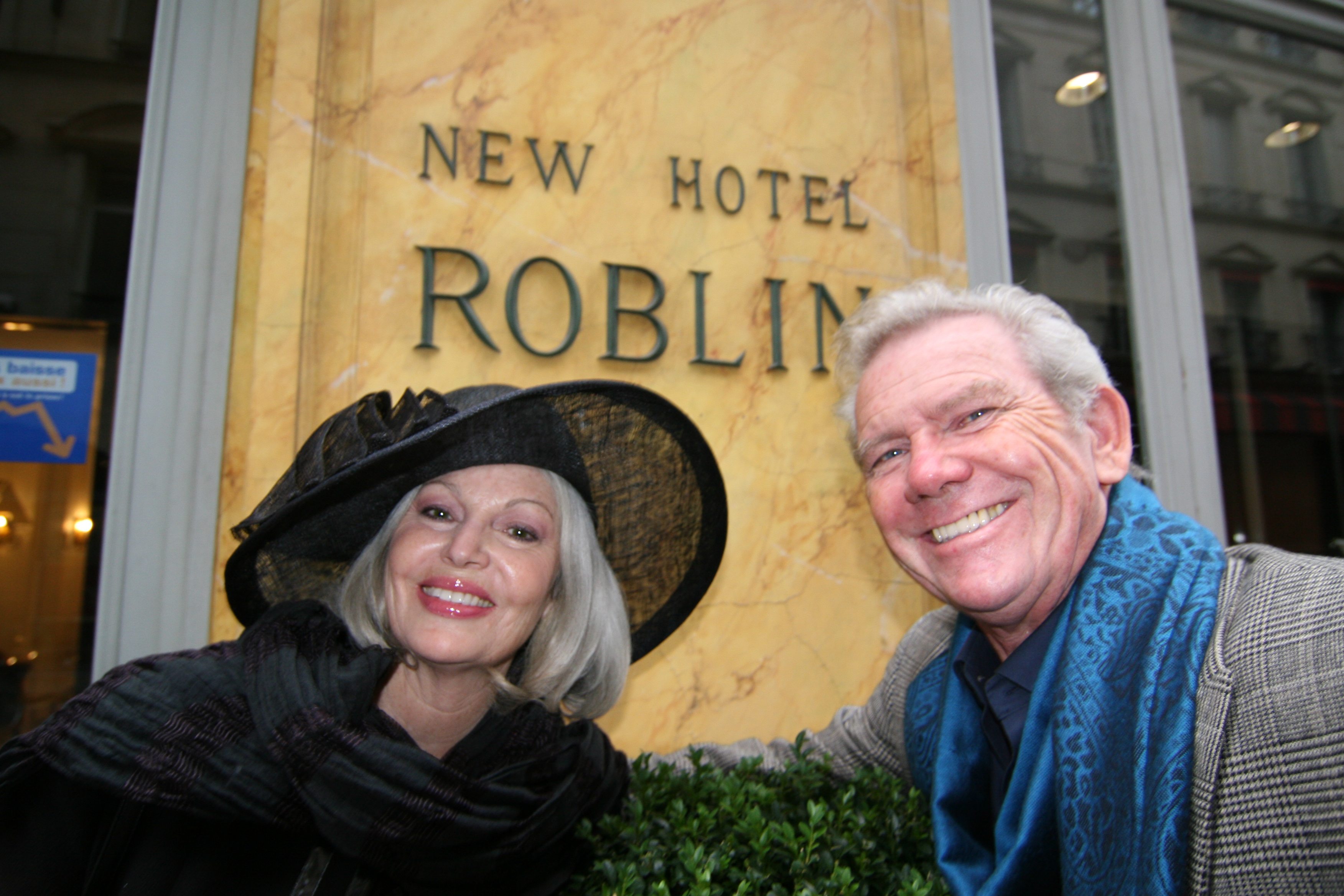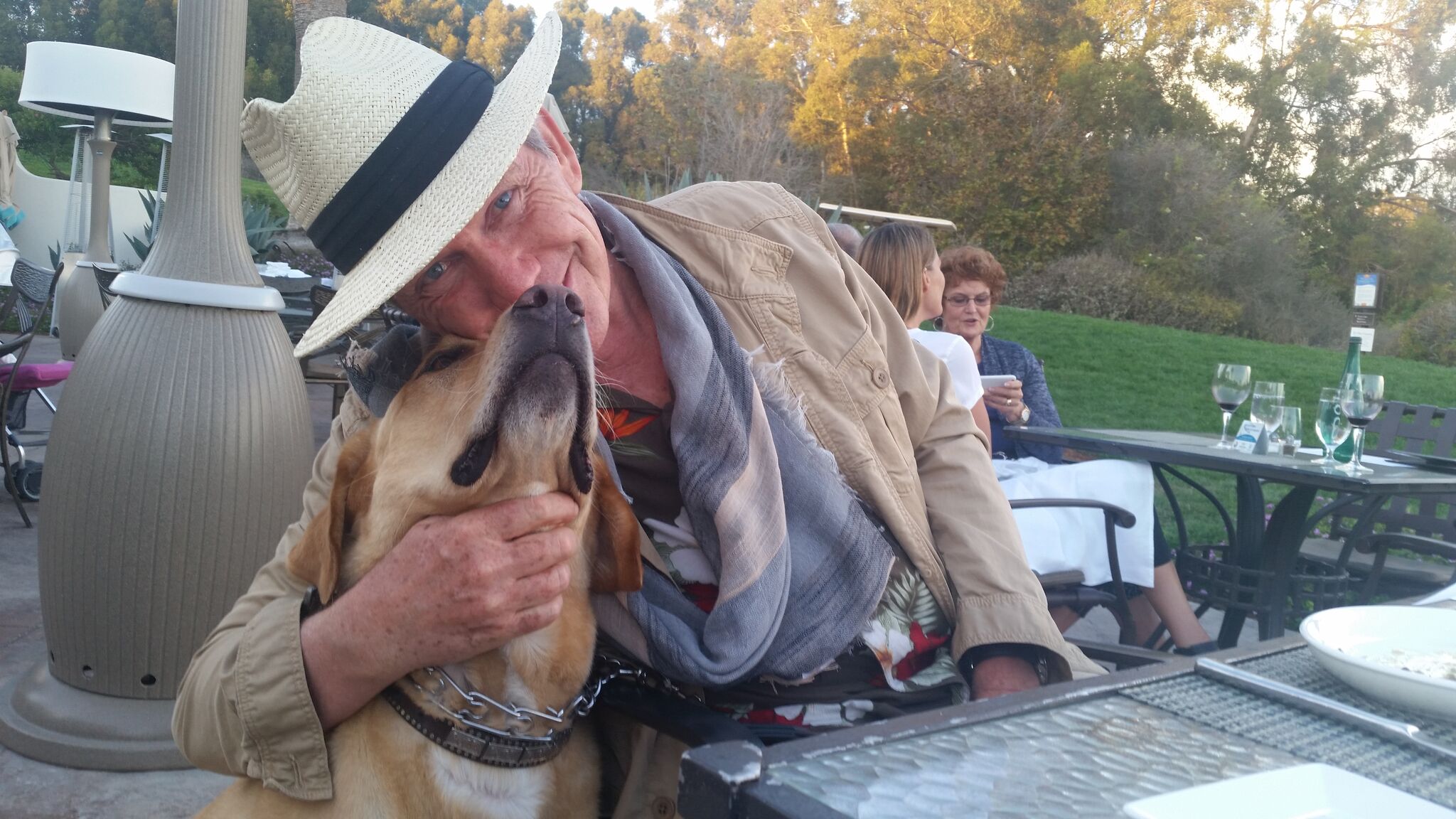 By Nancy Chuda Founder and Editor-in-Chief of LuxEco Living and Healthy Child Healthy World
By Nancy Chuda Founder and Editor-in-Chief of LuxEco Living and Healthy Child Healthy World
On the eve of President Reagan’s 100th birthday, last week, images of the Berlin Wall coming down gave truth to the words, peaceful coexistence and captured global attention at time when change meant everything to Germany’s youth and the world.
Dismantling the powerful overthrow of a thirty-year dynasty would seem easier than a concrete wall. But is it?
Enter Wael Ghonim.
He is a charismatic young Google executive who helped launch the protests in Tahrir Square. His heroism validates what a real social network can do. Sorkin and Facebook will win the Oscar for best Original Screenplay not because of a few Harvard grads, but because of the power of social networks and Google… The Umpire of all networks. It just makes adsense!
Life imitates with purpose as the world watches Wael’s Facebook page, as he herds the hordes of young brave Egyptians as they face off in the streets urging President Hosni Mubarak to step down. The cacophony of people, police, military, women, men and press from around the globe could not visually hold the power or the purpose that the Internet is providing.
Tweets flying through cyberspace igniting news breaking stories that today’s despicable sabotage derailed what could have been a unanimous victory. Wael’s Twitter message, Thursday afternoon: “Mission accomplished. Thanks to all the brave young Egyptians.” The power of touch soon released the official news-and President Hosni Mubarak’s speech shattered the hope and dreams of the hundreds of millions who watched and were left angered feeling the impact that their mission was unresolved and worse, their protests were unheard.
President Obama yesterday, while declaring his allegiance for the Green Bay Packers took a beat to herald these words, “We are witnessing history in Egypt.”
The confusing denouement, coming after hours of predictions that Mubarak would announce his resignation, showed that the struggle for the future of Egypt is just beginning, and the next stage is one where the United States truly can help.
All of Mubarak’s backstage maneuvering and resistance to change has given the Obama administration a real Theodore Roosevelt moment of contemplation. Speaking softly as he often does, this is the time for our president to wave a big stick at the man who just doesn’t get the message. But you can rest assured that Mubarak’s native “sons” and “daughters” do.
In an overt coup, he has cleverly stolen billions of Egyptian dollars which are now accruing interest in Schweizerfranken. Tear down those banks! Shameful! A Ponzi scheme that makes Madoff look like Mickey Mouse.
 Changing Egypt’s government remains a challenge for Egyptians, not Americans. But we can help them get started with the tasks ahead. One way or another, Mubarak will be gone soon. And the diffuse opposition movement must begin to help rewrite Egypt’s constitution and election laws, rebuild a shaken economy and restore stability after the heady binge of revolution.
Changing Egypt’s government remains a challenge for Egyptians, not Americans. But we can help them get started with the tasks ahead. One way or another, Mubarak will be gone soon. And the diffuse opposition movement must begin to help rewrite Egypt’s constitution and election laws, rebuild a shaken economy and restore stability after the heady binge of revolution.
The best thing that can be said about the Tahrir Square uprising is a young man named Wael Ghonim. It took courage, Google’s interface, and the power of a true social network uprising to prove that people will die to live with freedom in a democracy and with dignity rather than endure the obsessive rule of a man still living in a self-imposed dynasty.
Benjamin Franklin famously answered a question about what had been accomplished at the Constitutional Convention of 1787, “A republic, if you can keep it.” King George III (meaning Mubarak) may be holding on. But he won’t last. Americans should do everything they can, publicly and privately, to help the protesters gain their new republic.













